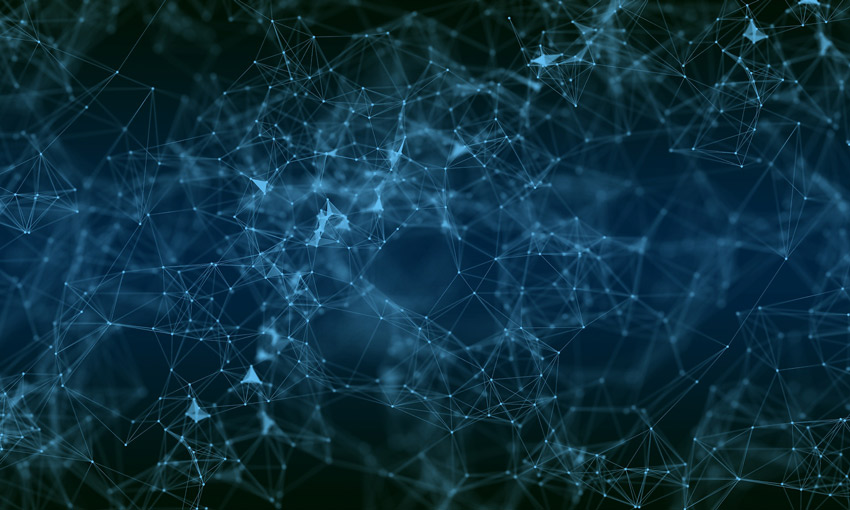MEHRANGIZ Shahbakhsh was recently appointed to a role in Shipping Australia as a shipping analyst and liaison officer. She is also working on a PhD at the Australian Maritime College. Her research focuses on the human elements of autonomous transportation technology in the maritime industry.
Ms Shahbakhsh said her research aims to picture the future.
“We don’t know what the future looks like, but we can use lessons learned from the past,” she said.
“We can look at history and picture the future – this is what I’m doing through my research into the maritime industry.”
Ms Shahbakhsh said the changes that are being brought about by Industry 4.0 will have, and are having, a profound impact on the maritime industry.
“The main focus of industry 4.0 is digitalisation and automation,” she said.
“There is a misperception that Industry 4.0 will remove humans from the loop. But this is not the reality. With the help of advanced technology, Industry 4.0 will support human decisions – technology is here to support us, not replace humans.”
However, there will likely be a reduction of people on ships as new technology comes online and is deemed safe to use.
Ms Shahbakhsh said there will be a transition period, where the maritime industry will see a staged implementation of automation on ships.
“Step by step, they will reduce the number of seafarers on ships as the transfer into a shore-based control centre,” she said.
With this new way of operating ships, seafarers of the future will need different skills, and there will need to be different training for them.
“Some jobs will become obsolete,” Ms Shahbakhsh said. “But at the same time there will be new jobs, more focused on decision-making and management.”
She pointed to the transition that many people experienced in their workplaces as a result of Covid-19 restrictions. Mr Shahbakhsh said people learned to use new technologies, such as Zoom and Microsoft Teams.
“We need to keep up with these changes because we won’t be able to stop these changes from happening,” she said.
“We can help each other to raise awareness and create new training courses to train the next generation of seafarers. There are many people working on this, for example, my research is designed to picture the future so we can find the challenges, and then find the solutions to these challenges.”
WHAT IS INDUSTRY 4.0?
The term Industry 4.0 refers to the fourth industrial revolution. The term, which became popular in the mid-2010s, describes a move toward a more interconnected world and smart automation.
Internet of things, cloud computing, autonomous robots, cloud computing, big data and augmented reality are some of the technologies associated with Industry 4.0.
According to the Australian government Department of Climate Change, Energy, the Environment and Water, Industry 4.0 goes beyond the capabilities of individual technologies. “It embraces new ways technologies can combine to create new business models and modernise production processes”, the department said.
The idea behind the term is that this technology is swiftly changing the way we work and live, just as profoundly as the previous industrial revolutions did.
The First Industrial Revolution is widely recognised as the transition from people making products by hands to the use of machines for production. In Europe and the US, this revolution occurred between the mid-1700s and the mid-1800s.
The Second Industrial Revolution was marked with the proliferation of railroad and telegraph networks, as well as the advent of electricity. This moved production from using steam to electric power in factories. This revolution began around 1870 and ended at the start of World War I in 1914.
The Third Industrial Revolution came during the late 20th Century and was marked with the widespread use of computers.
And the Fifth Industrial Revolution, or Industry 5.0, is slightly more nebulous than the preceding revolutions.
According to the EU, Industry 5.0 is about placing the wellbeing of the worker at the centre of production and using new technologies to provide prosperity.
This article appeared in the September 2023 edition of DCN Magazine







